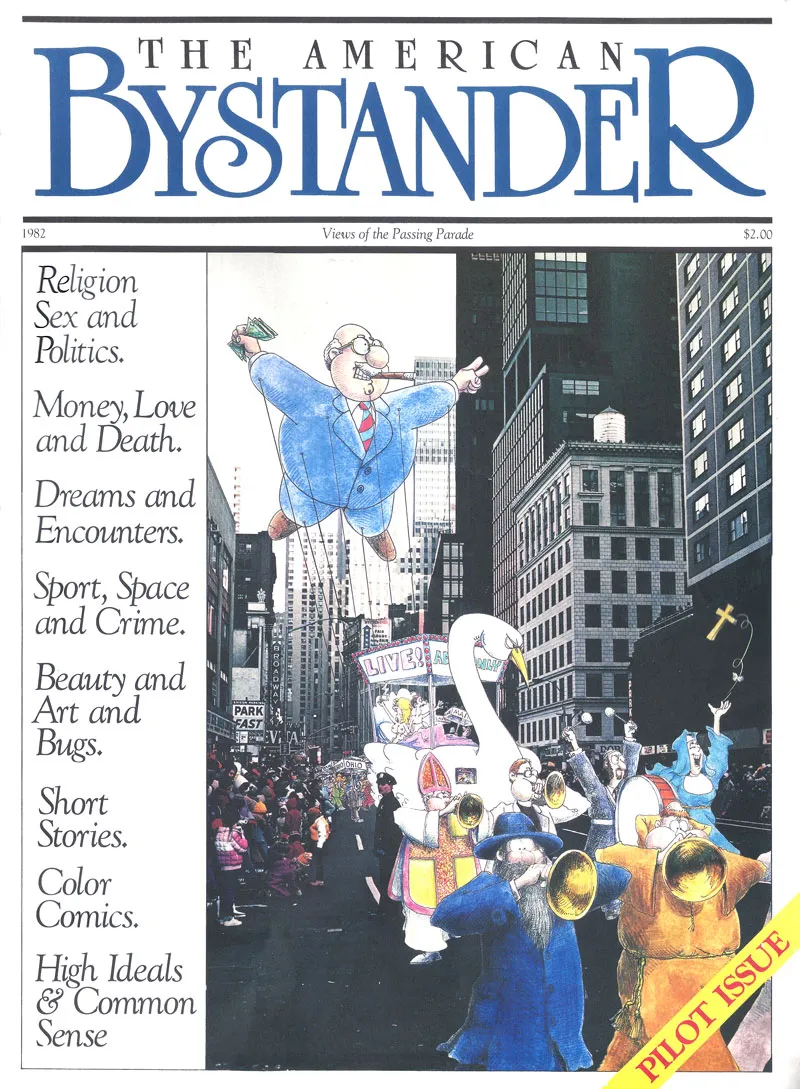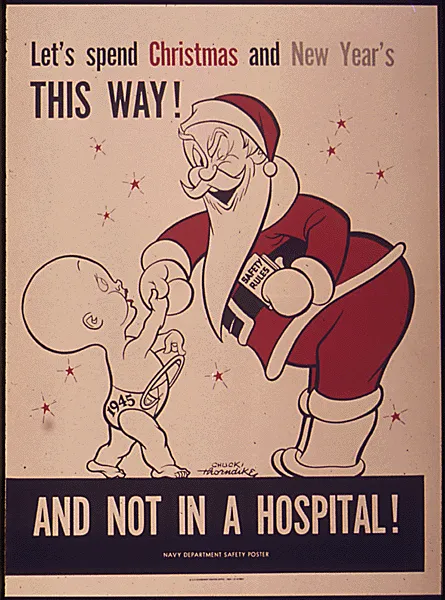Please note: I am going through one of my “why food?” days, so forgive any lack of snappiness. SEND APPETITE!
Yesterday Longreads posted an excellent essay by Friend-of-Bystander Seth Simons on Lorne Michaels, his SNL Octopus (late-night, sitcoms, movies), and his impact on American comedy. As many of you read here, I had a youthful run-in with SNL which I wrote about; TL;dr—my writing partner and I wrote a pile of jokes for “Weekend Update” back in 1997-98 becoming, according to the Producer responsible for wrangling us, “the most successful off-staff contributors in the history of the show.”
Producers have been known to butter up writers, that has happened before, but let us assume it was true-ish. We didn’t get the gig, and three weeks into the season, when the guy they hired instead wasn’t funny, this producer called me up. “Where’d you guys go? The segment’s been shit. Can you send in jokes this week?”
'“[Name redacted], we can’t work for free, we have bills. I was nearly evicted last month.”
[shuffling of papers from other end of the phone, so I continued]
“This is a WGA gig paying $3500 a week plus benefits. We took $250 a joke under the table for a season because we assumed if we sold you a bunch of stuff, you’d hire us. You didn’t, so we don’t write for Weekend Update.”
This man, an extremely able caporegime, was flabbergasted. When it was clear that I was angling for some kind of regular payment in exchange for work performed at the behest of a superior, he hung up, thus ending my association with SNL forever.
For years I grieved not being on “the Show,” which is what everybody in New York comedy called it back then; it was that central. I think Jon still grieves it—not just because we would’ve been able to get our crazy weird ideas out to millions of people at the very peak of our crazy weirdness, but also because we’d both be worth—at minimum—many millions today.
So tiny violins, some Yale guy didn’t get a job 25 years ago, why should anybody give a shit? Because this: I love humor magazines to an unreasonable degree. If I’d been hooked up to the SNL gravytrain even for a little while, I’d still be running something like Bystander at age 54—only writing much, much larger checks to contributors. Rather than pouring six figures into the magazine, I’d have been able to pour seven. I might’ve even been able to save MAD.
So the problem isn’t that Lorne Michaels has an empire. The problem isn’t even that Lorne is 78; I wouldn’t mind if Mel Brooks were leading SNL, though it speaks to Mel’s basic sanity that such a thing seems preposterous. The problem is that a nearly five-decade centralization of cultural power into one guy’s hands, and this particular guy’s hands, has pulled comedy away from its truth-to-power watchdog function—something arguably important—and made it, person by person, hire by hire, at best harmless, and at worst actively harmful. It is not a coincidence that Trump hosted SNL; it is not a coincidence that Trump was on Jimmy Fallon; it is not a coincidence that SNL has been largely silent during an until-recently unthinkable Christo-Fascist takeover of the U.S., including an actual coup attempt. That precise political calculus reflects who Lorne Michaels is today, how he’s built his empire, and how he maintains it. Read Seth’s article.
• • •
From what Seth tells us about SNL, how is this any different than the Mafia? As I understand it, the Mafia started when farmers in Sicily needed protection from bandits; the country wasn’t unified, and even after it was, Rome is far away from Palermo. So the farmers turned to other bandits, who provided protection. And pretty soon those bandits were in charge of everything.
When Lorne showed up in 1974-75, he was a bandit. Sure, he was a writer-producer with a few nice credits, mostly in Canada, but he was selling revolution. Comedy performers were kinda like those Sicilian peasants—mostly broke folks with a valuable asset, but no way to get rich. To build the original SNL, Lorne grabbed a bunch of writers and performers from Lampoon and “Lemmings,” a few more from The Second City, and convinced NBC to put them on TV. Lorne systematically protected his people, demanded absolute loyalty…and ended up in charge of everything.
Now I think things were a lot better during those first five years than they are today. I think the process was too chaotic, the suits too old, the performers too strong-willed, and the culture of comedy and America too antagonistic to Godfathers. But I think after Lorne came back in 1985, he systematically put everything into place. Vertical integration, from stage to movie franchise. In addition to being an excellent businessman, Lorne Michaels’ greatest talent is being in tune with his time—in the 70s he was a rebel, a bandit; in the 80s and 90s, a man on the make; since 2000, he’s been an oligarch, a Boss.
Today, it’s a mature system. Favors dispensed and punishments meted out, an understanding that The Boss has to “wet his beak,” everybody jockeying and paranoid and terrified of getting whacked. And around all of it, a code of silence. Read Seth’s article, you’ll see it immediately.
“But Mike,” you say, “who cares? Isn’t the business world full of guys like this?”
Yes, but politics have made it worse. America since 1980 has explicitly tried to enrich and empower Bosses, at the expense of the rest of us. That’s what “shrinking government” means. Deregulation. Tax cuts. Auditing small fry and not big swindlers. Given our weird, thumb-on-the-scale political system, this hack really works, and it’s been going on so long that we hardly notice when rich men are take over functions once restricted to the government (infrastructure, utilities, space travel). Before this generation of American mega-rich die, they’ll probably have private armies. They probably already do.
Our national media have endlessly touted the cult of the Business Genius, the Wealth Creator, the Man Who Makes Everything Go. Lorne and SNL are part of this. Why is Lorne Michaels, at 78, is still running SNL? Because “he alone can do it.”
• • •
Now look: don’t take any of this too literally. Lorne isn’t the head of an overtly criminal enterprise like Donald Trump. Making forgettable comedies that prop up the status quo and reduce the scope of our national imagination is not overthrowing the government. But don’t entirely dismiss it, either, as a symptom if nothing else; comedy produced by a Godfather fits perfectly into a society run by Godfathers, and eventually One Big Boss.
Lorne, like Trump, is unquestionably a genius at creating a cult built on paranoia, and putting himself at the center of it. But is he a genius at comedy? I would submit that he is not, and as evidence I would present The New Show, Lorne’s 1984 attempt at recreating his SNL triumph.
I suspect that it was the failure of this show, not his success with SNL, that turned Lorne into The Godfather. The New Show demonstrated to him how SNL had been, in some sense, a matter of timing, a stroke of luck, and this frightened him. Lorne decided he’d better make sure that he was never on the wrong side of the desk again. Remember, a lot of those Mafia bosses started out as peasants, and all Mafia methods are designed to do one thing: eliminate risk for the guy at the top.
We cannot blame Lorne for setting things up the way he has; he’s done what is good for Lorne Michaels, not for Comedy or America. But neither should we turn a blind eye to it, believe that it’s good comedy, the only way, or allow it to continue after Tina (or whomever) takes the reigns. And most of all, we should recognize SNL for what it has become: comedy not only able, but willing, even eager to grease the skids for a fundamentally less-free society. Exactly the opposite of what Bandit Lorne was selling in 1975.
• • •
Today, I realize that Producer did me a favor—I never, ever would’ve thrived at The Show. I tend to mistrust authority figures, which is why I went into comedy in the first place. It’s why a lot of people go into comedy, which is why SNL has to have ways to filter people like us out. They asked me to knife Jon and take the job myself; I would not. They praised us, then punished us arbitrarily—to see if we’d still show loyalty. We would not. Lorne’s process worked.
I can’t kiss the ring. Lots of people—including my personal friends from the first five years of The Show—can’t either. Filtering such folks out of SNL has changed that program immensely. Filtering them out of the comedy business, as The Octopus sometimes does, has changed our comedy, and our culture, for the worse.
We should acknowledge the enormity of Lorne Michaels’ accomplishments—they are undeniable. But if you’re gonna spend a life aiming for “Comédie, c’est moi,” it’s also fair that at the end of that life, people ask the simple question: “I know this worked out well for you, but how about for us?”
It is one thing to make yourself into a Godfather, “a man of respect.” It is quite another to do so, and still be worthy of admiration. I hold out hopes that Lorne can do this, but his time is running out, and Seth’s piece suggests he has a far, far way to go.








